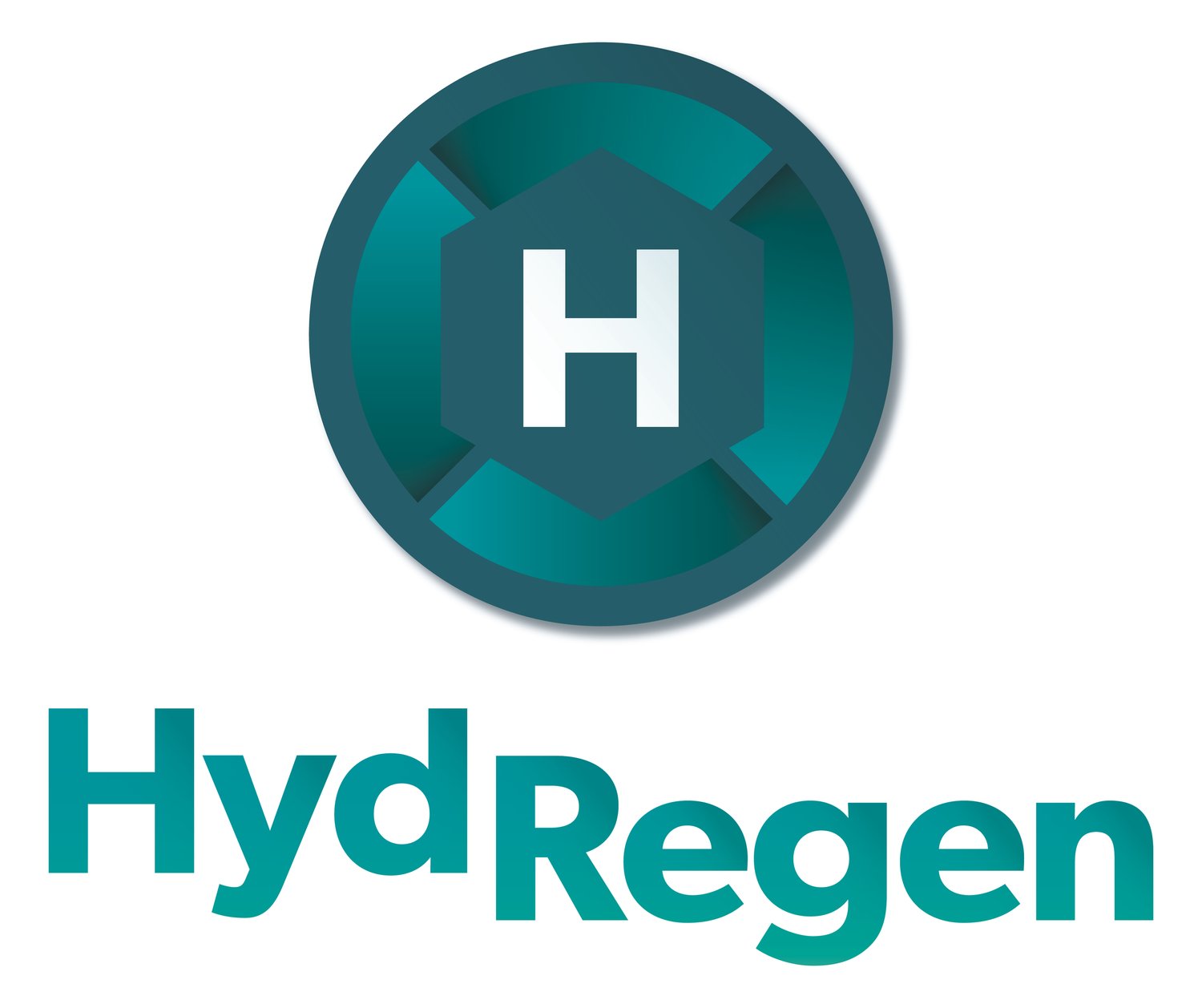From Harsh to Harmonious: The Shift in Chemical Processing
The chemicals sector is critical to nearly all manufacturing industries, converting raw materials like oil, natural gas, and minerals into essential chemicals used in everything from medicines and food flavours to cosmetics. It is also a sector facing mounting pressure from political, societal, regulatory, and financial forces to tackle its sustainability challenges.
Traditional chemical processes often involve extreme temperatures, high pressures, and heavy metals like palladium and platinum for catalysis. These methods are energy-intensive and environmentally harmful, increasing accident risks, costs, and producing toxic waste. This results in pollution, resource depletion, and ecological damage, especially in regions with less stringent regulations.
As global focus shifts toward sustainability, there is a growing need for safer, more efficient alternatives that minimise energy use and environmental impact.
The Rise of Bio-Based Solutions
In response to these challenges, bio-manufacturing presents a promising alternative by utilising bio-based catalysts (enzymes). These catalysts operate under milder conditions, significantly reducing energy requirements and improving operational safety. Unlike traditional methods that demand high temperatures and pressures, bio-based solutions function effectively at ambient temperatures and pressures.
However, bio-based processes have faced limitations due to their reliance on carbon-based energy sources, leading to high waste generation and lower productivity than traditional chemical processes. Enzymes, while selective and effective, can therefore slow production rates and/or require complex purification steps, contributing to slow uptake across the chemicals sector as a whole.
Bridging the Gap: The Future of Chemical Processing
At HydRegen, we are delivering advanced bio-based manufacturing technologies that incorporate robust hydrogenase enzymes, and allow highly selective, safe and efficient reactions (biocatalytic hydrogenation).
We make biology work at the intensity of chemistry and unlock the full potential of bio-based solutions. Effectively taking the best from each discipline to produce an optimised and more sustainable process while overcoming previous efficiency challenges.
Our ‘slot-in’ technologies are designed to seamlessly integrate into existing manufacturing setups, minimising the need for extensive re-engineering, significantly lowering barriers to adoption.
Lowering Costs and Environmental Impact
A key advantage of this technology is its effect on downstream processing.
Traditional methods for hydrogenation reactions in chemical production require extensive post-processing steps, especially when using precious metals as catalysts. Recovering and recycling these metals adds complexity and cost. In contrast, bio-based catalysts driven by carbon-based energy sources (e.g. glucose) generate large waste components which must be separated.
Our clean, H2-gas powered, bio-based reactions operate efficiently, eliminating metal recovery steps and cutting overall costs and environmental impact.
In Summary
The shift from harsh to harmonious chemical processing is gaining momentum as the industry seeks more sustainable, safer and efficient practices.
Bio-based solutions will be part of the solution, but how can we make this shift without compromising on efficiency and price, and without switching to a glucose-driven sector.
At HydRegen, we believe that by combining the benefits of mild reaction conditions with industrial efficiency and scalability, the future of chemical manufacturing is set to be both safer and more sustainable.


